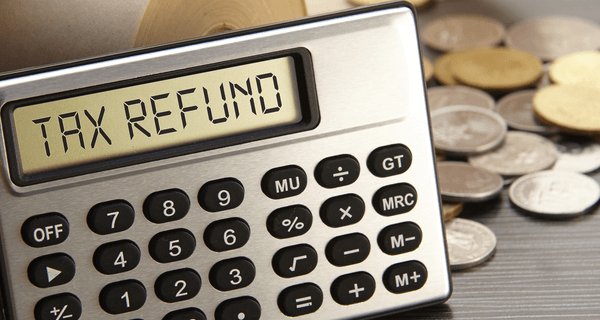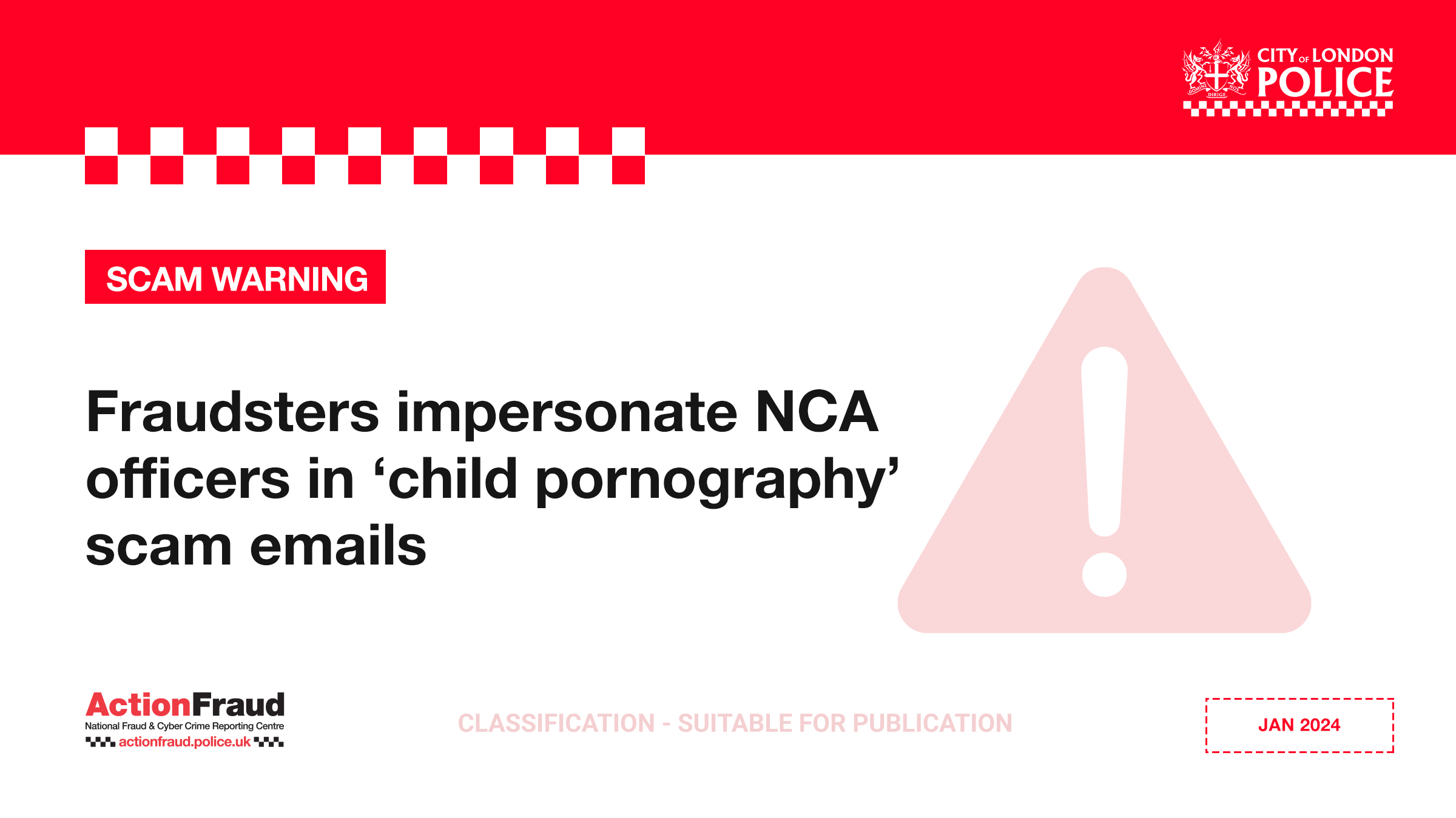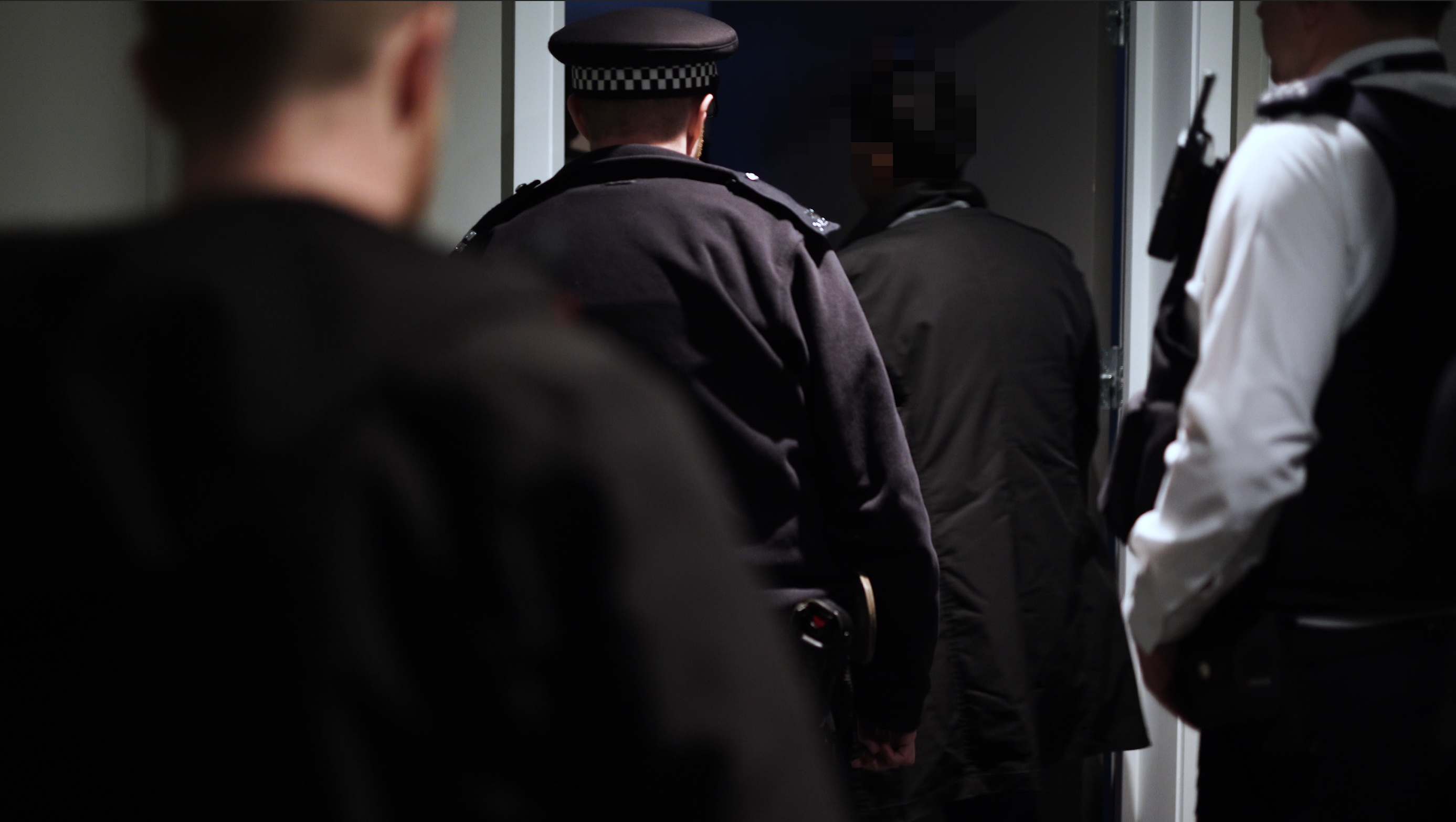Whilst it may not be easy to identify if a tax rebate is legitimate, you should take care and know for certain that the tax you are planning to claim is genuine. A genuine company or organisation will never ask you for an advance fee payment to cover the administration costs in order to claim tax.

Fraudsters may be posing as local council officials or professionals and cold-calling customers stating that they are eligible for a general tax or council tax rebate, with a sharp increase in the number of reports relating to fake council tax refunds in the last few weeks.
They’ve been reported to calling potential victims or use a range of other techniques, such as send text messages, to convince the intended victims that their tax rebate is legitimate, when in fact this may not be the case. The fraudsters will tell you how much tax you can claim back but emphasise that an advance fee payment is required in order to make the tax claim successful.
Protect yourself from tax rebate fraud
- Make vigorous checks if you ever get a cold call associated with a tax rebate.
- Never take up offers of tax rebates on the spot from cold calls and texts messages. Take a look at the recent tax rebate scams by HMRC – the same technique of offering an enticing-looking refund can be applied to private companies and public organisations.
- Don’t give your bank account details or sensitive information to anyone without carrying out your own research on them.
- Get independent financial advice before claiming any form of tax refund.
- Check the caller’s credentials. Ask if they have a permanent business address and landline telephone number. Any mobile numbers given by fraudsters are often pay-as-you-go numbers which are virtually impossible to trace.
- Always check a company’s contact details (such as a website, address and phone number) are correct and that they registered in the UK.
Have you been affected by council tax refund fraud?
If you have been affected by this, or any other type of fraud, report it to us.



